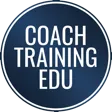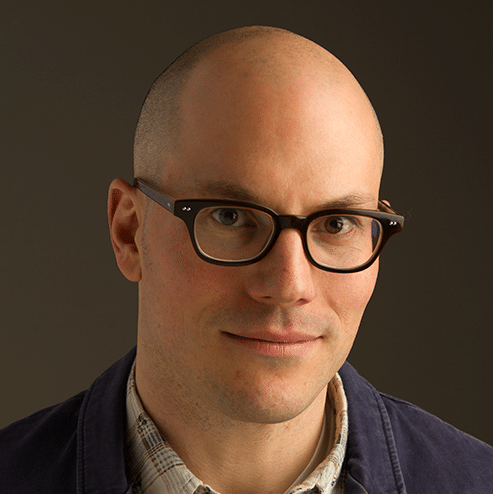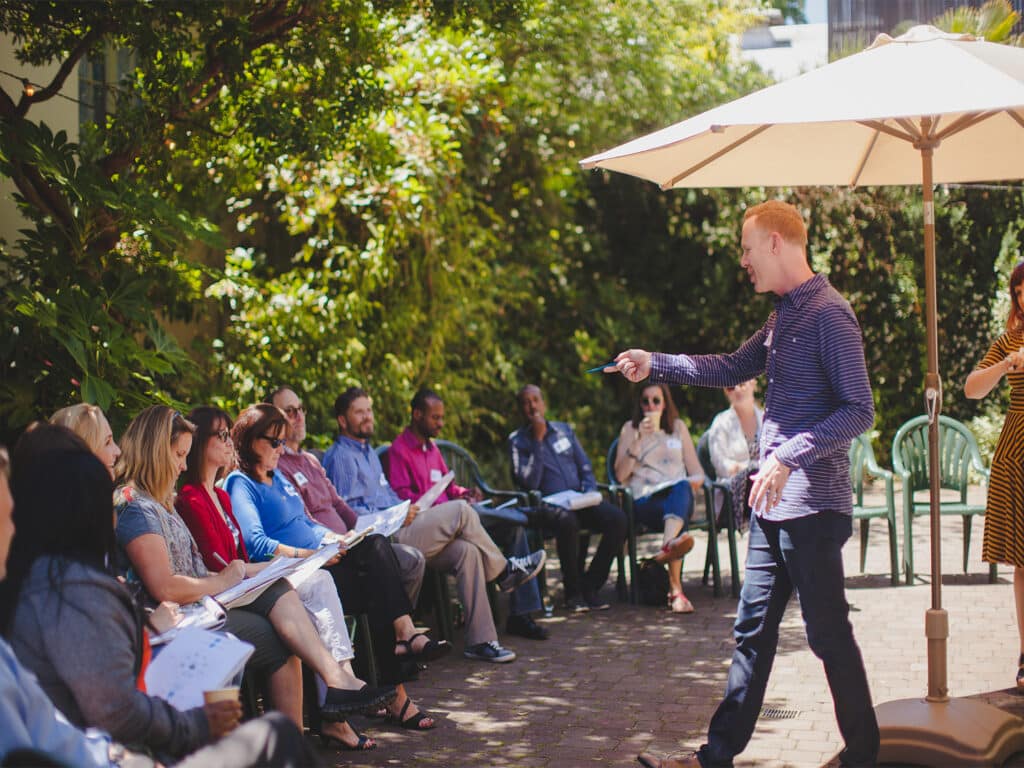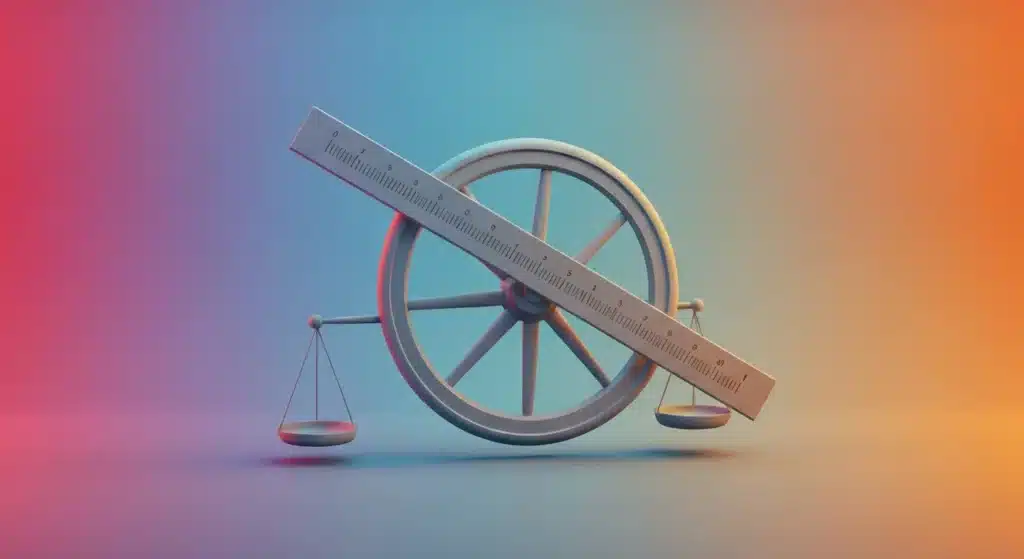By John Andrew Williams & Britt Fulmer
Gratitude has long been thought of as one of the most significant contributors to optimism and resilience. By reflecting on what’s good in our lives, we flood our brains with positive emotions, open our eyes to new possibilities, and step away from the stress of daily life.
While gratitude is still a top contender for bolstering resilience and optimism, other future-oriented interventions are making their way onto the scene.
What
In 2013, Madelon Peters, Yvo Meevissen, and Marjolein Hanssen, researchers from Maastricht University in The Netherlands, performed a one-week longitudinal study with 82 participants. Participants ranged in age from 18-65 and were recruited using flyers posted around campus. These participants were told that the study’s purpose was to identify if imagery could enhance spatial reasoning skills. They were given an alternative spatial reasoning test both pre-and post-intervention as a way to disguise the true meaning of the study. Additionally, participants participated in one-hour individual lab sessions to learn how to conjure effective imagery to help with the study.

Once they completed the lab training, they were randomly assigned to one of three intervention conditions:
- Best Possible Self Condition: Participants were asked to write about their best possible future self by asking them to consider how they want to be remembered after they die. They were asked to write about their best possible selves with the guidelines of three domains: Personal, relational, and professional. They then identified two of the most important qualities from each domain and created future-driven achievement statements for each quality. The imagery exercise was based on these statements and was to be performed for 5-minutes each day for a week.
- Gratitude Condition: Participants were asked to think about the things in their life they are most grateful for across three domains: personal, relational, and professional. They then selected two of the most important things from each domain and created “I am grateful for..” statements from each. From here, they were told to perform 5-minute imagery exercises each day for one week.
- Control Condition: Participants were asked to write about the details of their daily activities across three domains: spare time, social, and professional. They then selected two of the most important activities from each domain and performed a 5-minute imagery exercise around these activities every day for one week.
Why
This study is significant in its finding that the Best Possible Self exercise was more effective at increasing both optimism and life satisfaction than the gratitude intervention. With so much research highlighting gratitude’s role in resilience, this is a significant finding. Gratitude was, however, more effective at predicting satisfaction with life, which measures up to most of the existing research on gratitude interventions.



The findings indicate that simple exercises, such as conjuring imagery around one’s best possible future self, can have positive and lasting effects on our optimism and wellbeing.
How
It’s important to note that a therapist and a coach will approach this tool from different perspectives; the former offering their insights into what the person writes and the latter using curiosity to help the person discover their own insights. In coaching, curiosity for the client’s sake is at the heart of every tool and strategy and is leveraged to help clients develop meaning, clarify purpose, and discover potential pathways forward.
One of coaching’s most powerful outcomes is to help clients envision a future in which they’ve accomplished their goals and realized their dreams. When a client can paint a clear picture of their successful future, they are more likely to persist through challenges, even when those challenges are particularly difficult. When you hear a client struggling with motivation, limiting beliefs, or self-doubt, you might encourage them to develop their Best Possible Self. Some of the following questions may be particularly helpful:
- How do you want to be remembered when you die?
- What legacy do you hope to leave behind you?
- What dreams are you eager to accomplish?
- Imagine you are in the future and you’ve achieved one of these dreams, what would your achievement statement sound like?
- What strength do you need to lean into or develop further to help you move toward your best possible self?
Developing a Best Possible Self is also something you can do on your own. Consider the following journal prompts:
- Imagine you are at the end of your life looking backward. What are the highlights?
- What legacy do you want to leave?
- What do you hope it says in your obituary?
- Imagine a future in which you are the best version of yourself. What does this look like?
- What is the best possible life you can imagine?
In all of these prompts, you will want to be as specific and detailed as possible.
After writing your narrative, consider your answers to the following questions:
- What circumstances needed to change to get you there?
- What strengths did you need to develop?
- What did you need to let go of?
- What resources and support did you need?
- How did you hold yourself accountable?
- What is your Best Possible Self trying to tell you?
Try to write for at least fifteen minutes on this topic once per day for two weeks. Allow your imagination and creativity to run wild and free to help you build detail and clarity around everything you hope to accomplish.
At the end of the two weeks, we’d love to hear from you! Tell us in the comments how this exercise changed your perspective!




